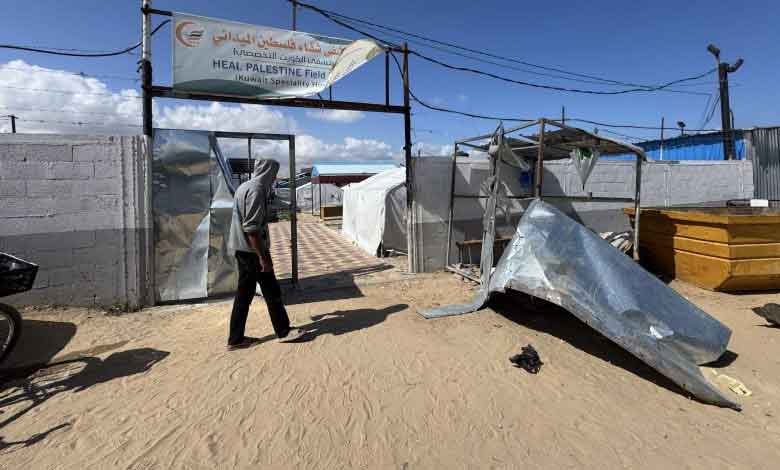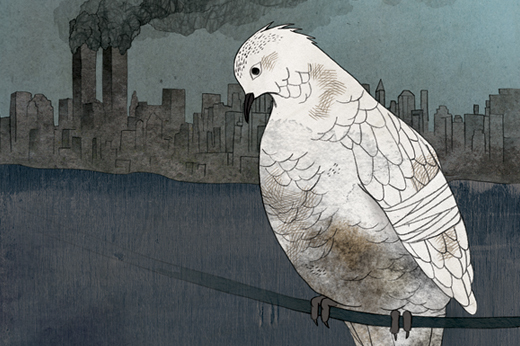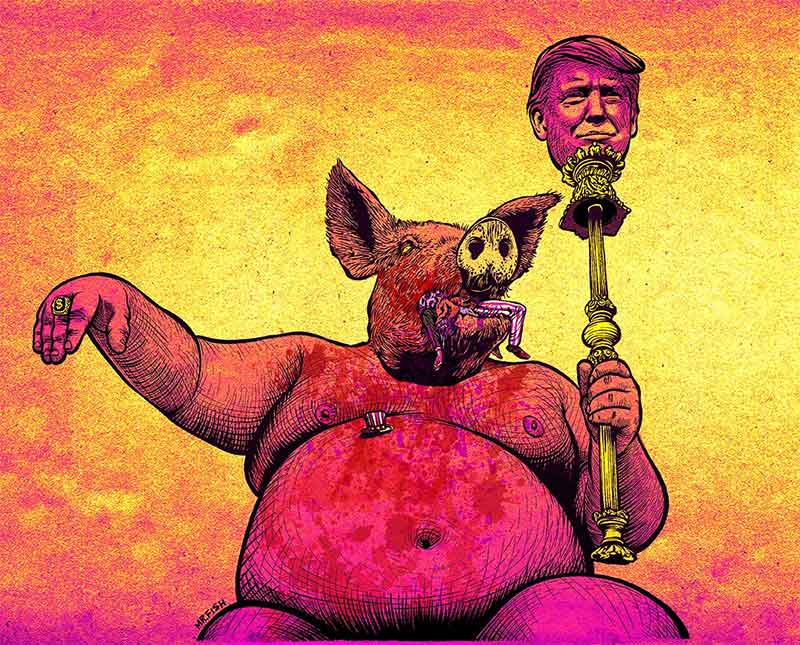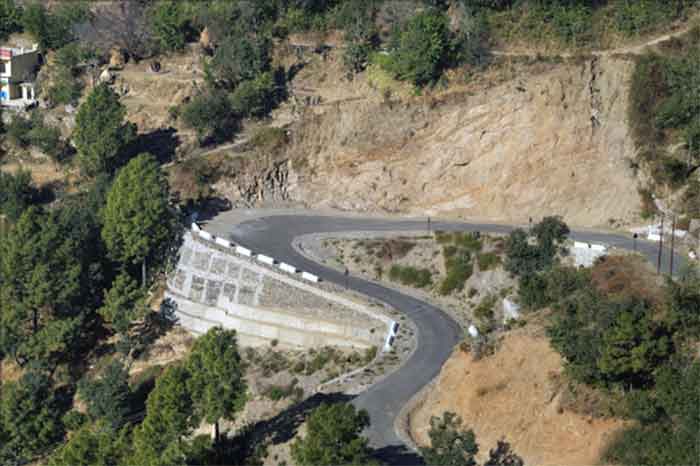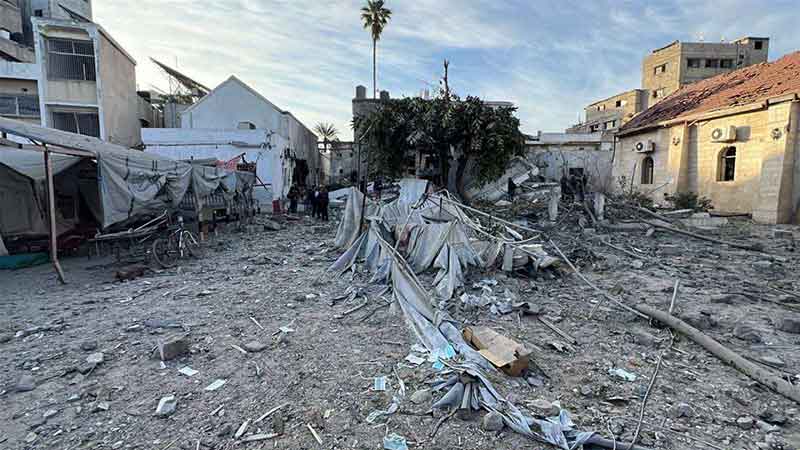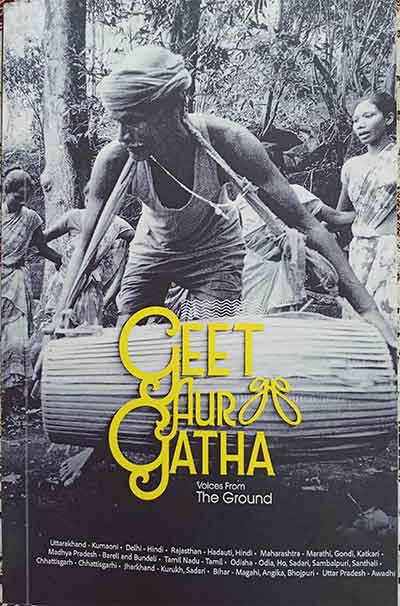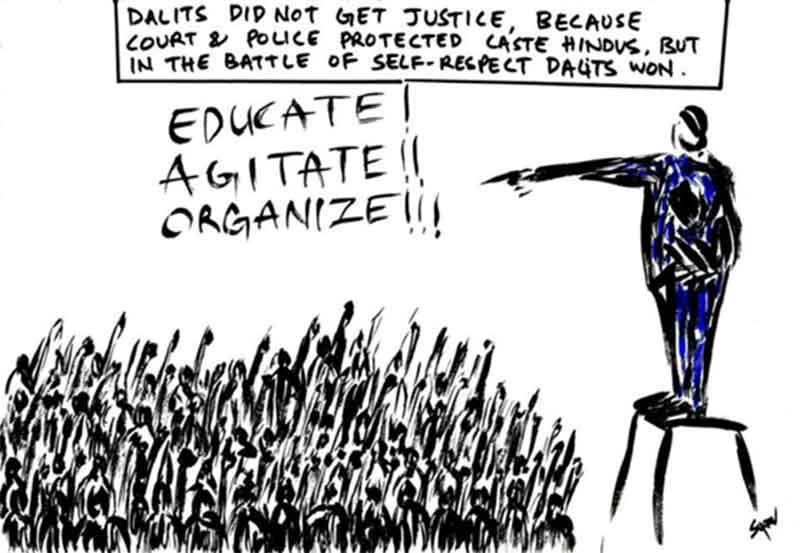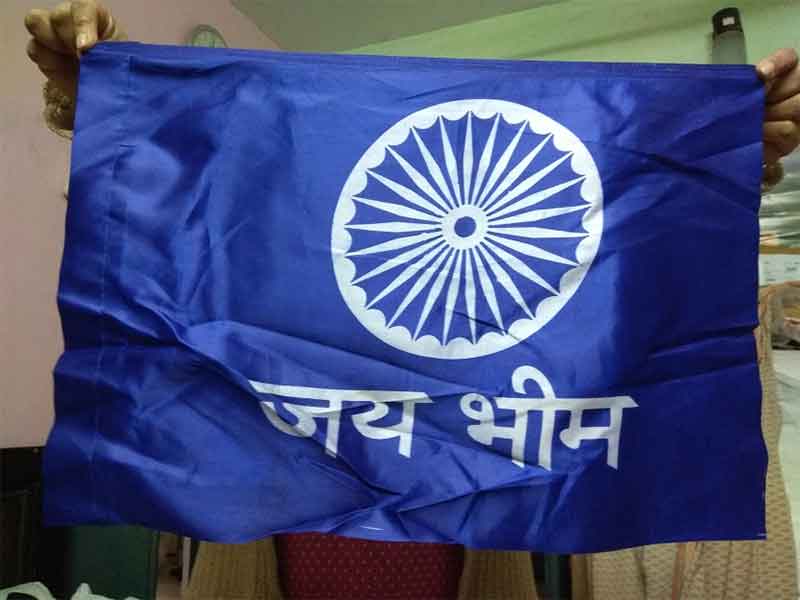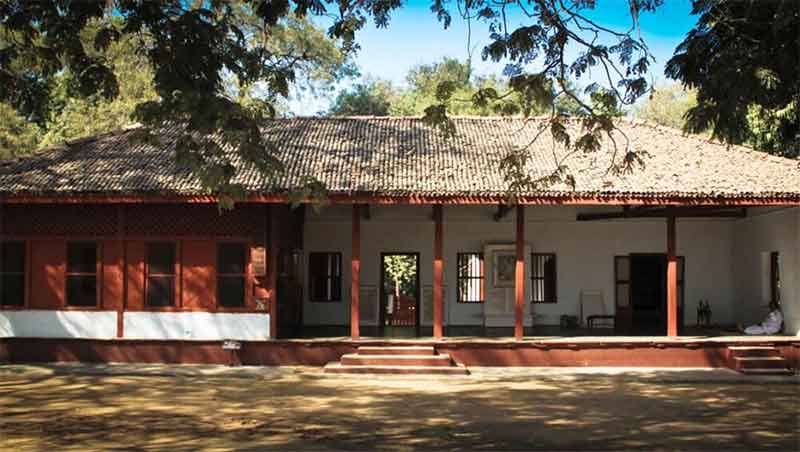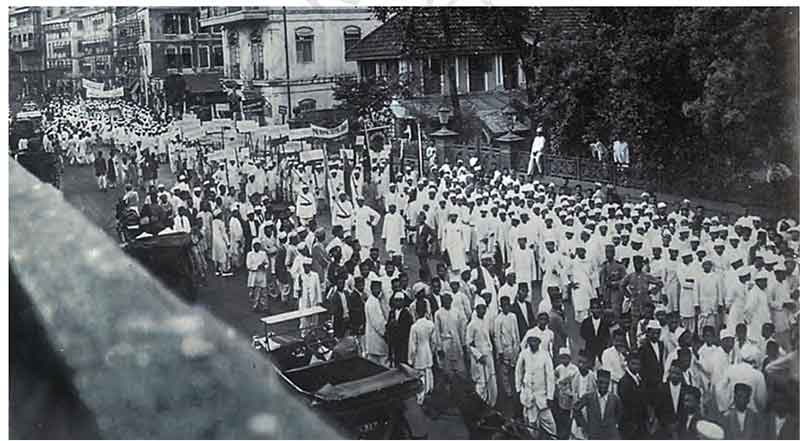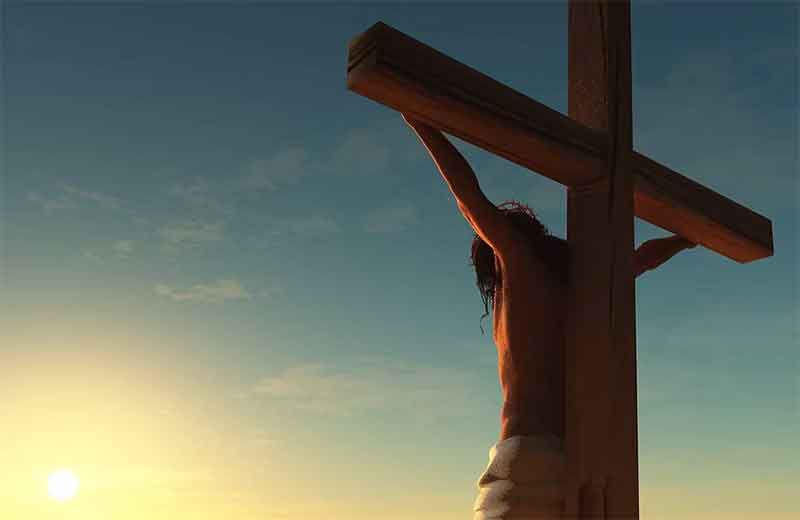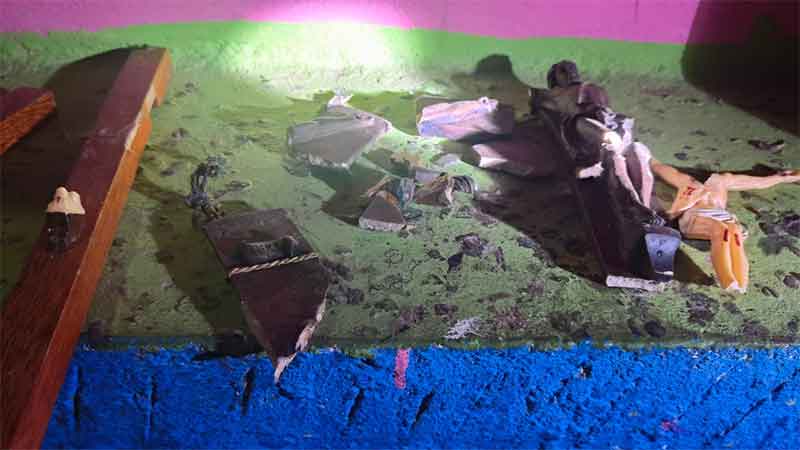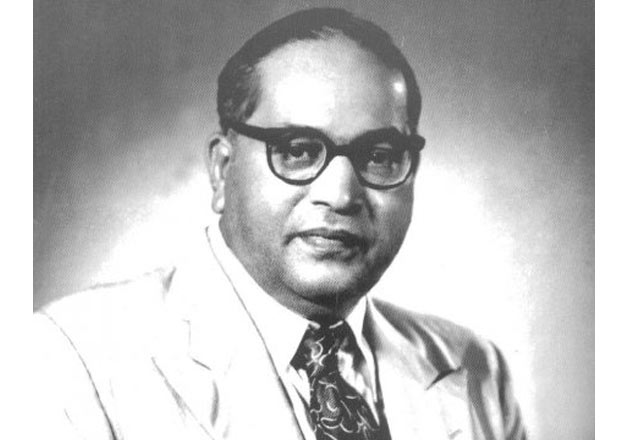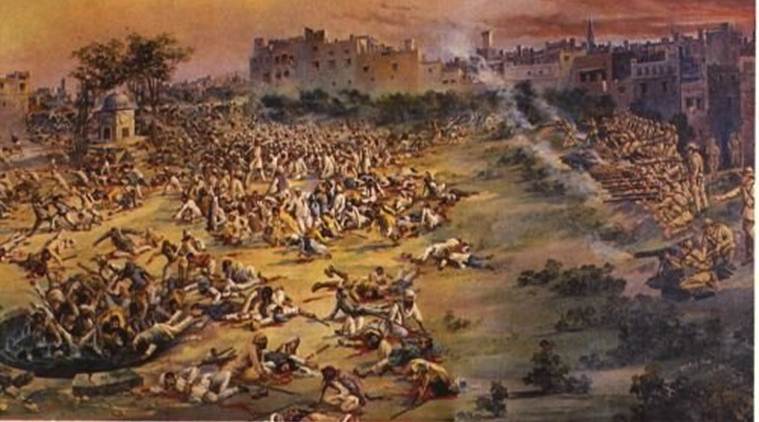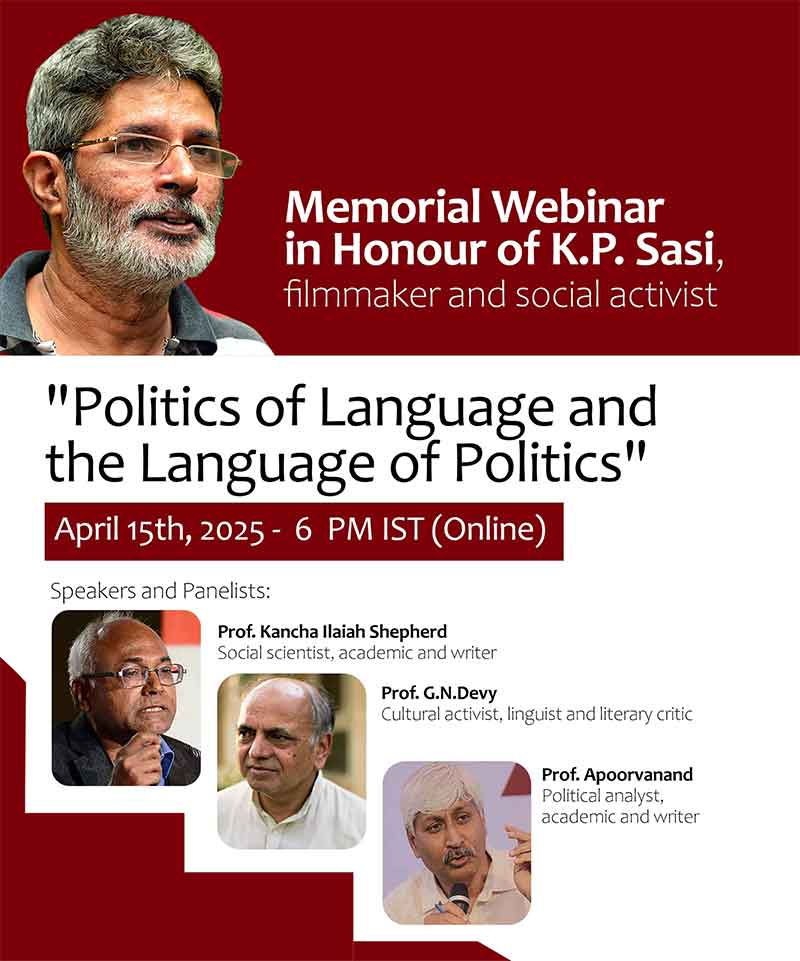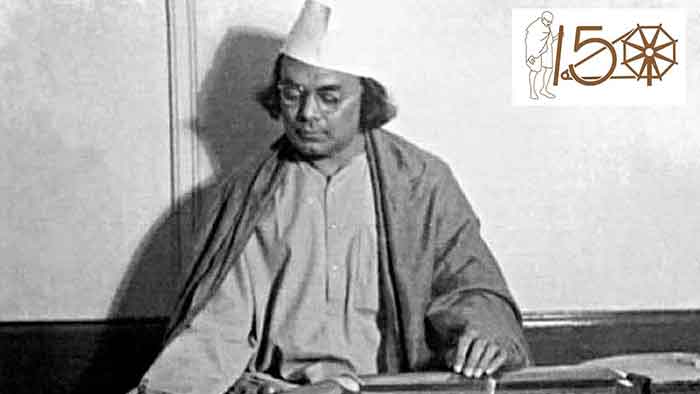
( Jaater Naame Bajjati Shob )
Kazi Nazrul Islam (1899-1976)
Translation © Monish R Chatterjee 2020
The caste hooligans have long been at play
Caste fraudsters gambling with human life –
So touching a fellow human makes you an outcaste
Is your caste, then, fragile as candy in a child’s hand?
Caste hooligans playing roulette.
Hookah water and your crock of rice
You think these are the lifelines to your hallowed caste?
And hence clueless dupes have you managed
To divide a single nation into a hundredfold!
Caste hooligans playing roulette.
And now look around, caste fiends, across our Bharata
All we find scattered are stinking corpses
Alas, we find nary a human being anywhere
All we hear is the deafening cackle of the caste-jackals!
Caste hooligans playing roulette.
Know you not, caste hooligans- that which we call human religion
Is resilient and forbearing as a shield?
Can that ever be broken by the trivial pebble of touchability?
If there be religion which is that fragile and insubstantial
If not today, it will surely shatter tomorrow
Let that religion be cast to hell, let Humanity prevail, no fear!!
Can you tell me, caste hooligans, what caste is the Creator?
The touch of which of his sons makes Jagannath impure?
If the Lord Creator has no caste, if Narayana has no caste
Why then are you with the caste trifle so obsessed?
You spit in the face of the son while offering frankincense to the Mother!
The caste hooligans have long been at play
Caste fraudsters playing roulette.
Commentary: Next to the supremely towering literary renaissance-builder Rabindranath Tagore, the much younger poet and composer Kazi Nazrul Islam (1899-1976) acquired a major status as a considerably inspiring literary presence in the early 20th century. It is a testament to the secular triumph of India, despite many pitfalls, that though Muslim by birth, Nazrul Islam spent his entire life attempting to bring the Hindu and Muslim communities in the country he loved with all his heart together in common bonds of unity. His stirring works and words are almost without parallel even in the sterling history of Bengali inspirational compositions from the years under English colonial occupation. In the wake of my presentation of Rabindranath Tagore’s strident condemnation of casteism in his path-breaking indictment, Hey Mor Durbhaga Desh, whose translation (My Wretched Country) I recently presented in this forum, I am now including in this sequence the stirring, moving and even more direct indictment of casteism by Kazi Nazrul, titled Jater Naame Bajjati Shob, filled with exceptionally blunt language, here translated as The Caste Hooligans.
It is worth remembering that Kazi Narzul Islam’s fiery poems, which moved many a young man and woman in the Bengal of the early 1900s to join the freedom movement, in the case of his intensely path-breaking revolutionary poem, Bidrohi (The Rebel), which I will attempt to translate on another occasion, led to his being tried for sedition, and earned him the much-beloved popular sobriquet, Bidrohi Kabi, the Rebel Poet. Yet Kazi Nazrul was well beyond a composer of exceptionally stirring songs of freedom and social justice. He was equally a poet of the physical world, with romance, imagination and the longing for beauty in creation. He was among the quintet of path-breaking, age-defining Bengali composers from the Bengal Renaissance- Tagore (1861-1941), of course, Dwijendralal Ray (1863-1913), Rajanikanta Sen (1865-1910), Atul Prasad Sen (1871-1934) and Kazi Nazrul Islam, being discussed here, whose musical work has simply defined Bengali music for more a century, a prolific record of influence which is likely without compare in any other language.
[URL of a song based on Jater Naame Bajjati Shob by Mrinalkanti Ghosh (1942)-
https://www.youtube.com/watch?v=62N45QgxbY8
The Caste Hooligans, which is also rendered movingly into a song (video above to this write-up), has immediate relevance to the color, race, religion and economy based bigotry and discrimination rampant around the world right now, especially here in the US in terms of its ruthless, military-style police force victimizing its Black and colored population in a variety of spheres. Simply replace the word “Caste” in this poem with “Color,” “Race,” or “Religion,” and the song perfectly applies (if need be, we may only replace the Hindu references by icons from another religion).
We especially note Kazi Nazrul Islam’s use of established Hindu icons, Bhagavan (Ishvara, or the Godhead) and Jagannath (another name for the Lord Krishna), and also Narayana in an alternative rendition, about whom I have written earlier within Tagore’s My Wretched Country- in arguing the utter destructiveness of the caste-based prejudices. Nazrul is at his most eloquent in addressing the worst form of caste-based discrimination in Indian history- the story of the Untouchables, and makes the clear and emphatic argument that the Lord of Creation is completely outside any man-made race, caste, religion or economic/class delineations. These destructive delineations and their complete meaninglessness are the central lessons to be derived from this phenomenal poem.
Monish R Chatterjee is a translator and academician
SIGN UP FOR COUNTERCURRENTS DAILY NEWS LETTER







